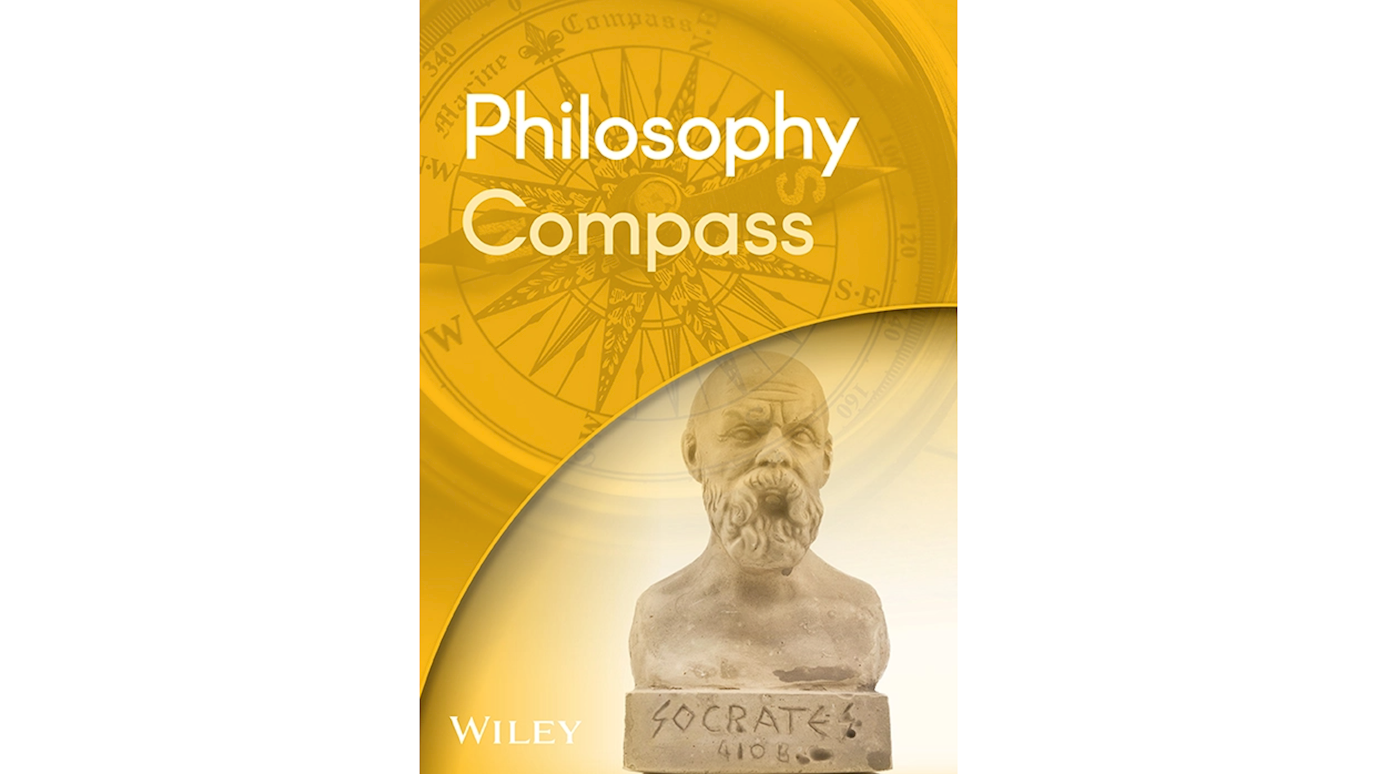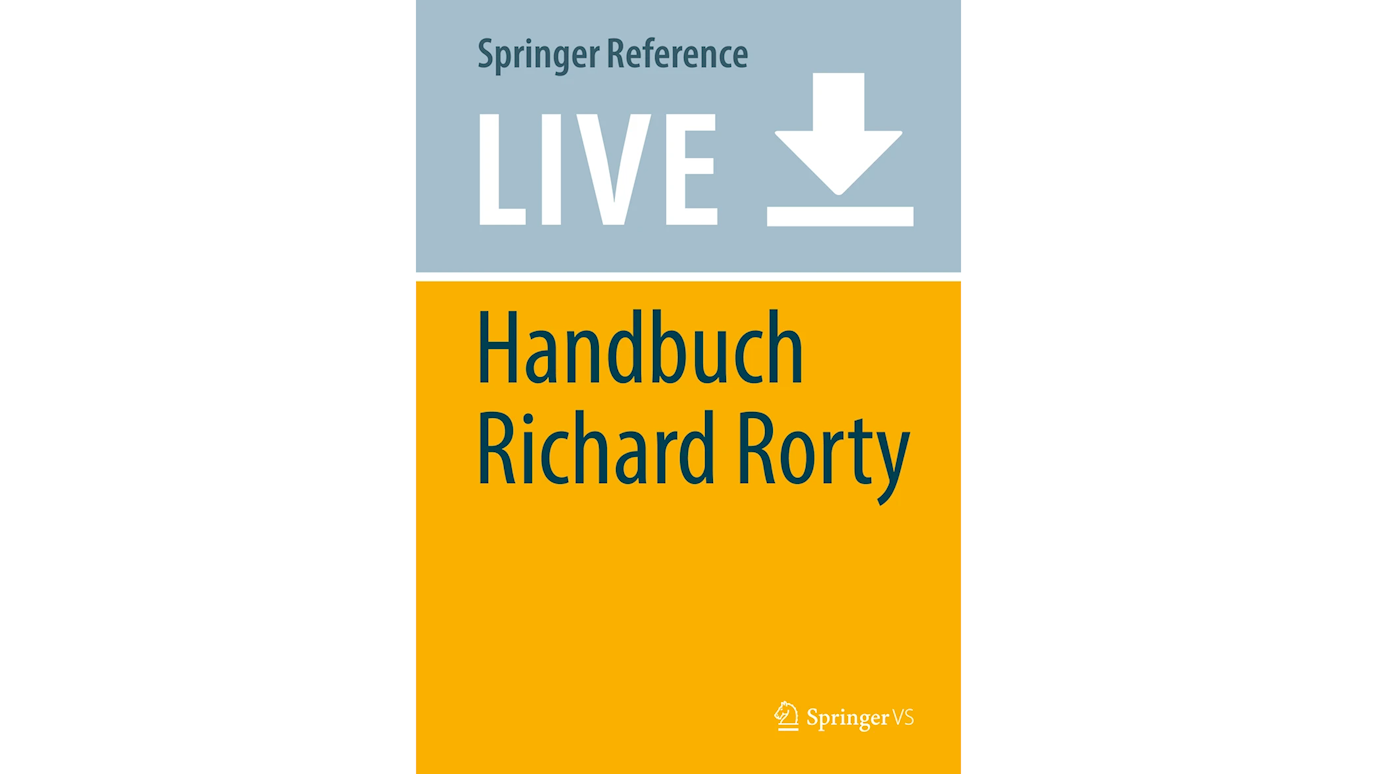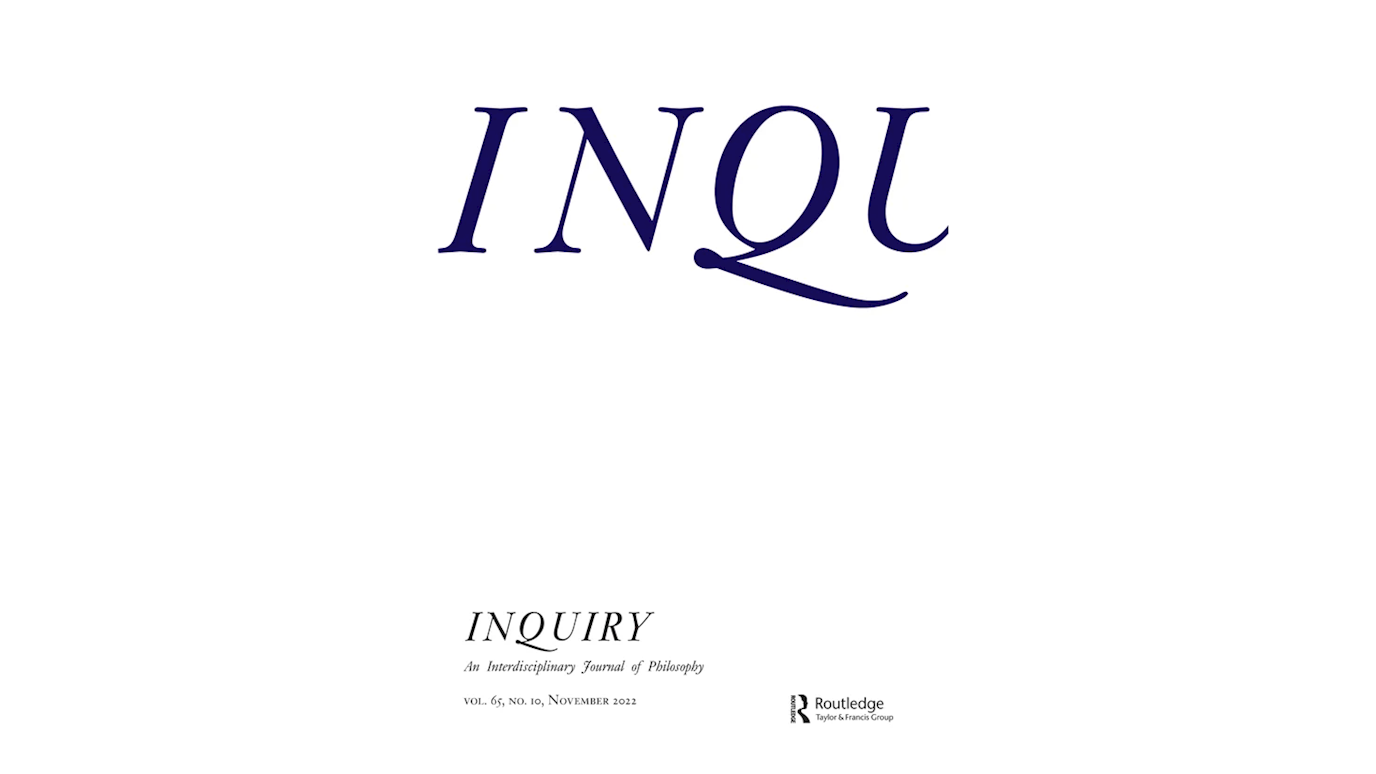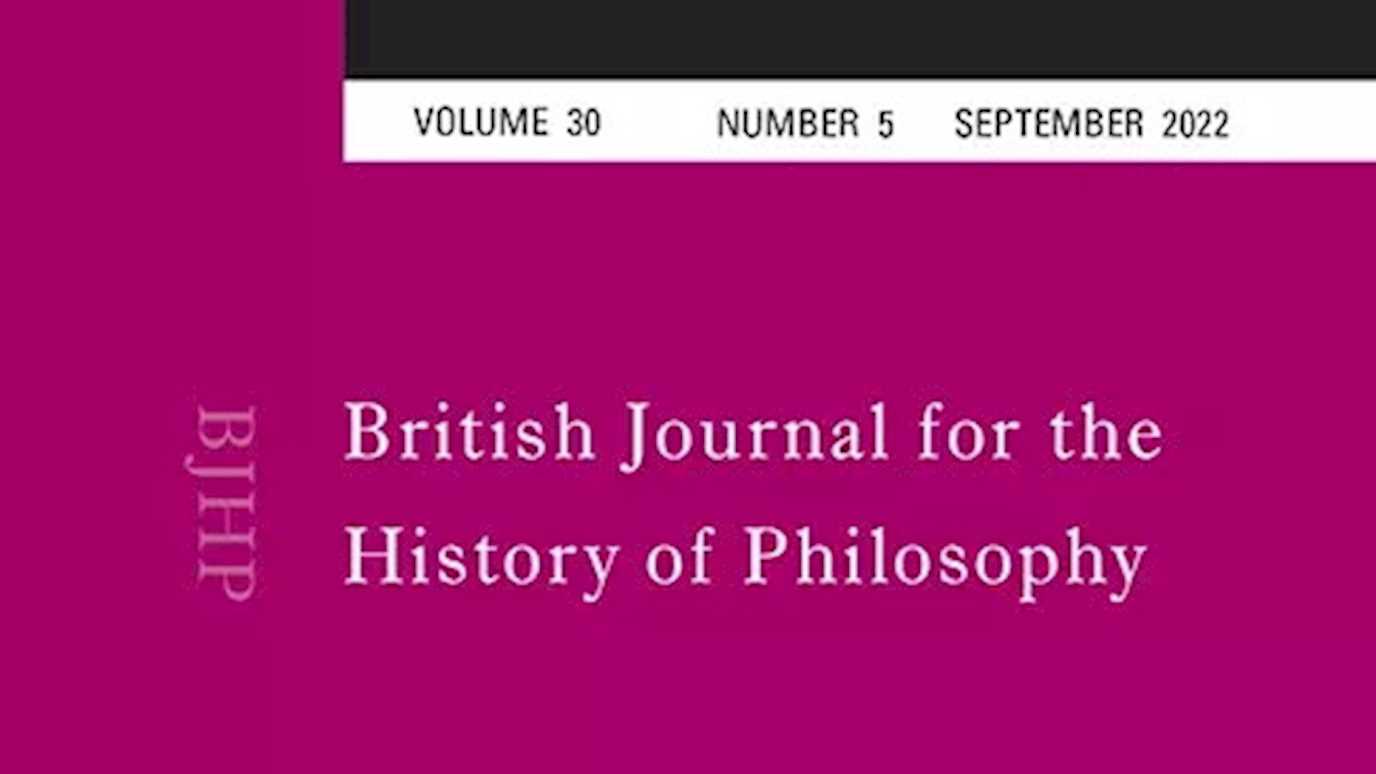Dr G. Anthony Bruno has secured a contract with Oxford University Press for his first monograph, Facticity and the Fate of Reason After Kant. The current book abstract follows below.

Dr G. Anthony Bruno
Kant’s science of the conditions of intelligibility leaves post-Kantians with a question: can a science of intelligibility tolerate brute facts? ‘Facticity’ is associated with phenomenology, for which the concept denotes underivable or brute conditions of intelligibility like temporality, sociality, and embodiment. While this suggests an affirmative answer to the post-Kantian question, scholars overlook that ‘facticity’ is a concept from German idealism, whose proponents answer the question in the negative. Fichte coins ‘facticity’ to denote the intolerable bruteness of conditions that are putatively presupposed by, and hence inexplicable limitations on, reason. A science of intelligibility must eliminate putative bruteness if it is to be systematic, as Fichte says, or presuppositionless, as Hegel says. Moreover, eliminating putative bruteness requires a new logic for deriving conditions of intelligibility from reason’s own contradictions, a dialectical logic that Fichte invents and Hegel develops. German idealism’s logical revolution subsequently provokes Heidegger’s phenomenological objection that dialectic presupposes brute conditions of the dialectician’s lived experience, conditions whose facticity dialectic inevitably reproduces and hence can only interpret hermeneutically. The heretofore untold history of the concept of facticity thus contains the deepest parting of the ways after Kant. On the one hand, Hegel eliminates vestigial facticity in Fichte’s system in his final step toward a presuppositionless science of intelligibility, although Schelling charges Hegel with presupposing both the value of science and the existence that science renders intelligible. On the other hand, Lask’s otherwise misleading reading of Fichte inspires Heidegger to reject the very idea of presuppositionlessness on behalf of a hermeneutics of facticity. The trajectory from German idealism via neo-Kantianism to phenomenology is accordingly one in which facticity begins as the obstacle to the science of intelligibility and ends as the character of the situation in which this science is possible in the first place. Within this trajectory and up to our own time, reason is fated to transform from the hand that unconditionally holds the world to the thrown activity of being in the world.
You can find more information about the book and other upcoming research projects on Anthony's website.
























